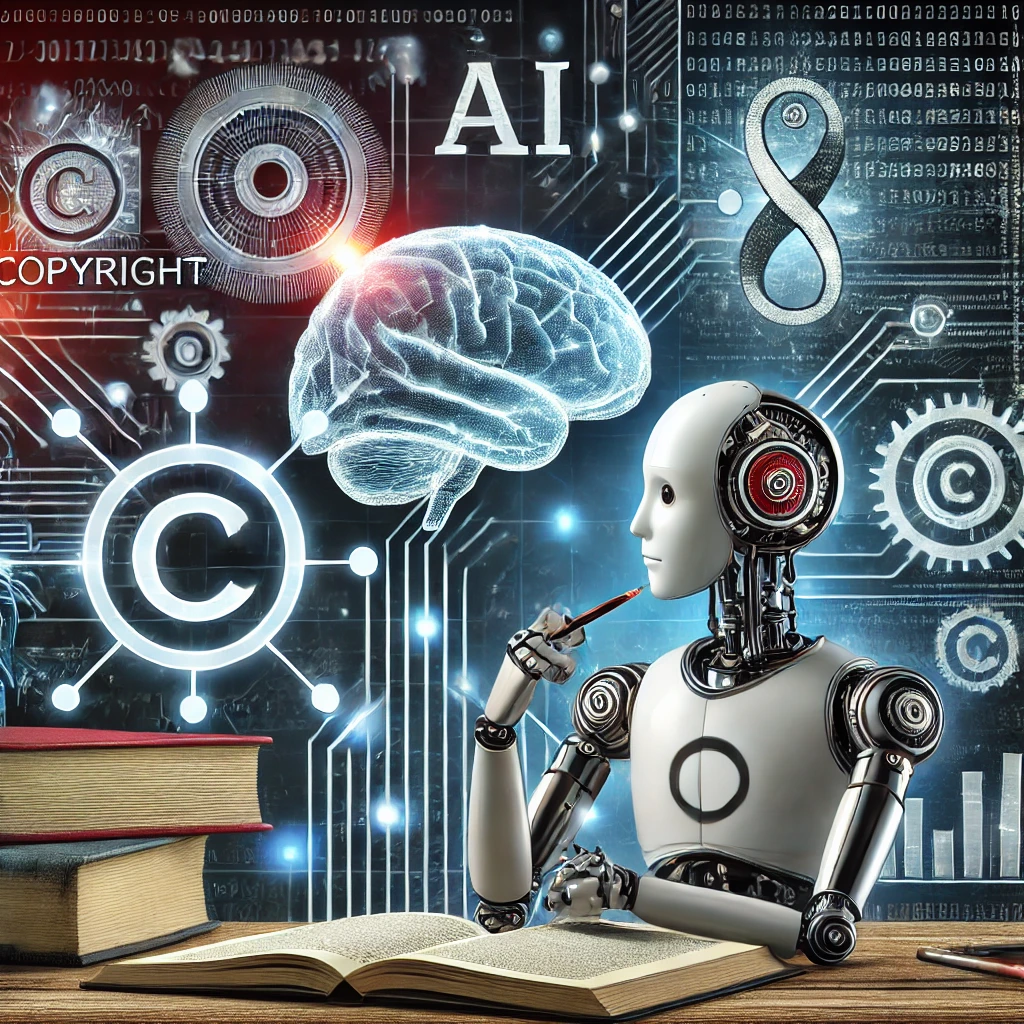In recent years, the rapid evolution of generative AI has become an undeniable influence in the field of creative works. The partial release of public comments on the “Concepts on AI and Copyright (Draft)” compiled by the Agency for Cultural Affairs by April 16 has attracted attention as part of the crucial discussions between this new technology and the legal system.
Significance of Public Comments
The public comments solicited by the Agency for Cultural Affairs from late January to mid-February amassed a total of 24,938 opinions. This underscores the high level of interest in the issues surrounding generative AI and copyright among many people. The public comment process is an essential means of reflecting citizens’ opinions in policymaking, and its significance is especially pronounced in highly specialized and rapidly evolving fields like this one.
Overview of the Released Opinions
The 1,089 pages of individual opinions released this time follow the previous 1,129 pages, both made public with the necessary redactions. This ensures that the contents of individual opinions are widely shared, promoting transparent discussions. Opinions from corporations and organizations have already been released separately, advancing a multifaceted understanding of generative AI and copyright by including perspectives from different viewpoints.
Challenges of Generative AI and Copyright
The treatment of copyright when generative AI creates works is a complex issue. For instance, the datasets used for AI learning often include existing copyrighted works, raising challenges in rights management for their use. Additionally, the legal framework regarding whether the copyright for generated works belongs to the AI developers or if the AI itself can be recognized as the author has yet to be established.
Future Outlook
The final version of the document released by the Agency for Cultural Affairs on March 15 reflects the public comments and expert opinions, and it is expected to significantly impact future policy formulation. Establishing a legal system concerning generative AI and copyright will be a touchstone for balancing the two critical values of creative freedom and copyright protection. It is essential to continue gathering broad opinions and aim to build an appropriate legal framework.
Conclusion
The evolution of generative AI significantly impacts our creative activities and cultural assets. The release of the public comment results by the Agency for Cultural Affairs is a crucial step in understanding this impact and establishing an appropriate legal system. It is hoped that policies balancing generative AI and copyright will continue to progress by incorporating diverse opinions.
